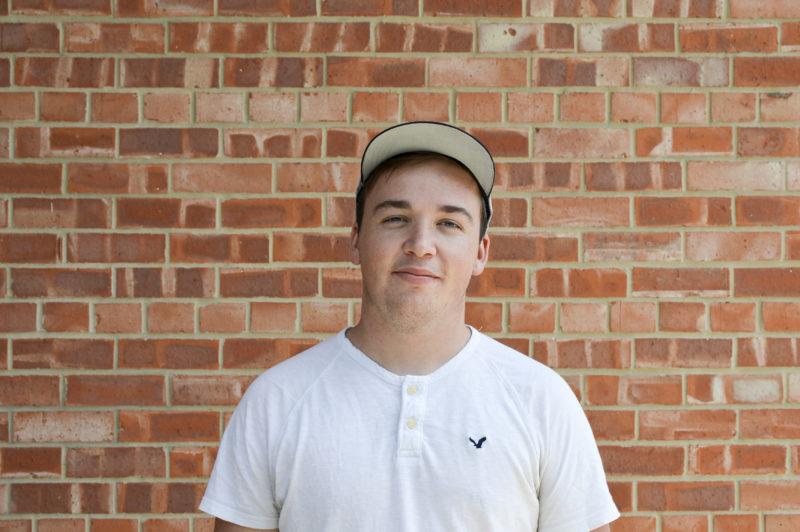Lil Pump is a disease within the rap genre. What started in the 1970s in the streets of New York City has now turned into a 17-year-old kid from Miami, Florida saying “Gucci gang” 54 times in a two-minute song and having it go platinum in less than a year.
Rap has evolved since its earliest days, but the roots of rap, and its ability to carry meaning and purpose, are still alive and well in the industry. Yet artists like Lil Pump, Smokepurpp, XXXTentacion and 6ix9ine don’t have a distinct meaning or a meaningful purpose in their songs.
Their songs actually feed into the very stereotypes that news outlets and the United States government use to try and eradicate rap and hip hop from our culture — the stereotypes that portray rap as propagating a culture of violence, sex and misogyny, as hindering the development of children and as an anthem for gangs and murderers.
Over the years this stereotype has still been pushed by certain groups, but rap has now gained a widespread and diverse following that, for the most part, is the opposite of past stereotypes. Rappers aren’t murderers or people who push ideas of violence and misogyny, but artists who create songs about love, life and politics.
Artists like Kendrick Lamar, Chance the Rapper and J. Cole speak about the death of their friends, the hardships of their respective cities and the lost loves they mourn. Their albums have sold millions of copies and won countless awards; they are symbols of rap that has a message, rap that can speak to larger issues.
One of the best examples is Kendrick Lamar’s album “To Pimp a Butterfly,” a beautiful story of the evolution of a man who is trapped by his fame and fears, but accepts them and becomes the person he is meant to be. Spin magazine called it “the Great American Hip Hop album”; it sold millions of copies, going platinum and winning awards.
It was so popular that former President Barack Obama told People magazine that Kendrick’s track “How Much a Dollar Cost” was his favorite song that year. That is the peak of rap, when a president of the United States is listening to the music of a generation that, 20 years ago, was being attacked and targeted for listening to the same music.
Rap has evolved into a platform for people who feel their voice isn’t heard or their problems aren’t noticed, and a platform that can bring them to that stage and let them address these problems. Chance the Rapper did this with his third album “Coloring Book,” a religiously inspired smash hit that garnered him three Grammy’s and catapulted his career.
Chance discusses death, love and how his city — Chicago — is in deep need of help. He talks about how dangerous it is there and how his safety and that of his family and children was not guaranteed. He also talks about how Chicago public schools are in desperate need of refunding and reconstruction.
But he doesn’t just talk about it. Last August, Chance donated 1 million dollars of his own money to the Chicago public school system after the state governor announced cuts to school funding. Artists like he and Kendrick are symbols of the best of rap, of how rap can be a symbol of change and good.
Lil Pump and his compatriots are symbols of how it can be awful. Lil Pump talks about having copious sex with women, taking enormous amounts of drugs and buying “lean (that) cost(s) more than your rent.” I think he may have stolen that level of poetry from Shakespeare but I could be wrong. The less that those lyrics are analyzed and talked about, the better life is for everyone.
Lil Pump shows a regression in rap, a step towards the stereotypes that many artists have worked hard to distance themselves from. Lil Pump and his fellow artists hurt the genre, bringing it down in intellect, message and impact. To combat this, a sub-genre should be created for him. I think a good name for it would be absolute garbage.
But hey, he is making millions, and sadly there is nothing that I can do about it. But artists like Chance and Kendrick keep making art and I can stick to listening to that. I hope everyone else will make the same choice.








youngfag • Sep 1, 2018 at 4:08 pm
why the fuck is xxxtentacion mentioned as not having anything distinct in his music wtf
hor koppa • Apr 27, 2020 at 12:15 pm
bout to go off for mentioning his name too lmao.